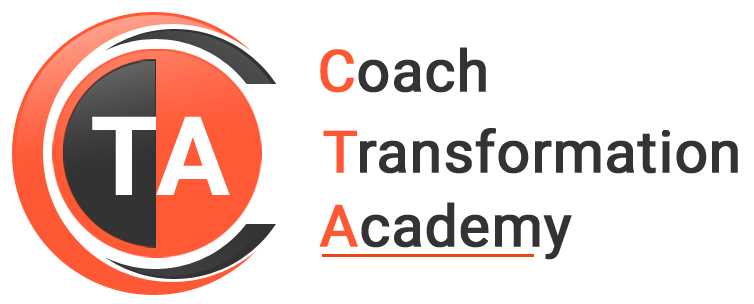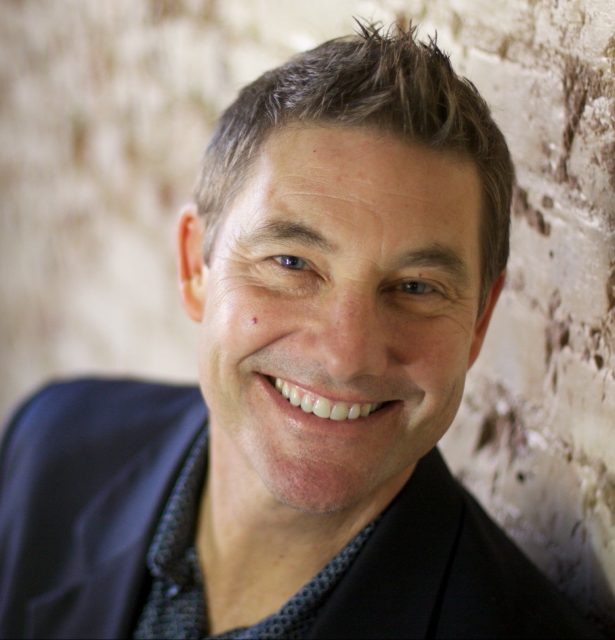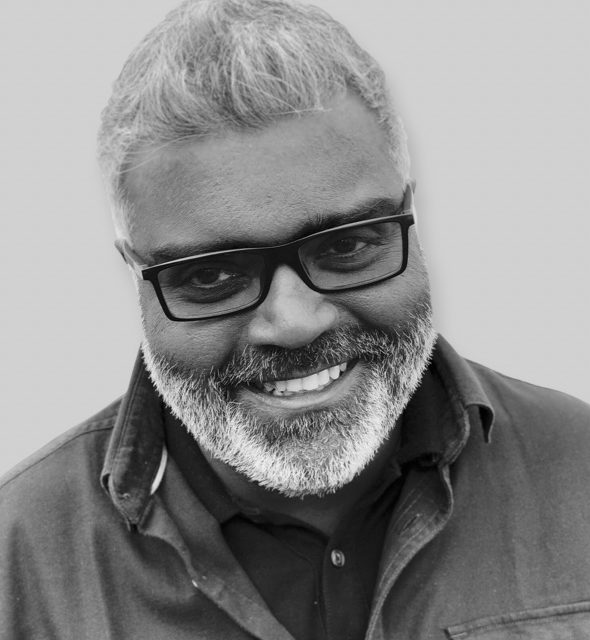
CEO of CRR Global
Born in South Africa, Marita was on the forefront of activism groups protesting apartheid. She received degrees in Social Work and Medical Social Work from the University of Stellenbosch.
She joined the Faculty of the University of Cape Town School of Social Work after completing her training in Psychiatric Social Work at Cape Town University. During this time she became a specialist in Family Systems Therapy and had extensive practice as a Family Systems Therapist in Cape town. After leaving South Africa Marita became a world citizen, lived and consulted in England, the British and American West Indies, and Puerto Rico before finally settling in America.
Marita extended her academic and professional expertise in the United States with qualifications in Process Work, Alternative Dispute Resolution, Coaching and Team Coaching. It was from this rich mix of professional training and expertise that the ICF accredited Organization and Relationship Systems Coaching (ORSC) was evolved.
Currently she is a consultant to several large organizations and mentor to a large number of practitioners in the field of Team Coaching. In addition, she designs curriculum and operates training programs for coaches, executives and teams.
One of the current foci for Marita and the CRR Global team is on how to equip Agilists with the necessary tools and skills using Relationship Systems Work to put people over process in the global field of Agile.
One of the principles of RSI is that ‘systems are in a constant state of Emergence’. The current and recent pandemic of the corona virus is a primary example of that constant state of emergence that when the signals were not heeded, turned into an emergency! Within the body of ORSC and Relationship Systems Intelligence (RSI) lies the tools and skills with which coaches and change agents can step up to create FROM this emergence rather than react TO it. This is the current charge that she is leading in the world of team and systems coaching.
Key Notes:
In Episode 08 with Marita Fridjohn, we discovered some intuitive coaching approaches that every coach can benefit from. Marita is the CEO and Co-Founder of CRR Global, Inc. and the Creator of the Organization and Relationship Systems Coaching (ORSC) Program. Marita has coached and mentored thousands of individuals, coaches, teams, and organizations. And this Tuesday, we were delighted to host her on our Webinar Series.
Here are the key takeaways from our conversation with her on “The Art of Designing Your Coaching Session” based on Relationship Systems Intelligence:
There are three phases that coaches go through while coaching: Meet, Reveal, Align & Act. Coaches need to realize where they are in the process while uploading the coachee’s brilliance.
- Meet: When coaches meet a client. Introducing and greeting the client is meeting.
- Reveal: The phase where coaches establish the agenda – what the client wants to talk about, what we will focus on today.
- Align & Act: When a coaching session is nearing the end, some challenges and actions are defined for the client. That’s aligning the action with what the client wants to do for the next session.
Let’s take an instance to walk you through all these stages. When you enter a restaurant, a waiter greets you. That’s Meeting. Then he offers you the menu or maybe even informs you about the Today’s Special – that’s revealing. When you place an order, you’re taking action. A waiter might help you to pick meals based on your favorites and requests. That’s aligning and acting on revelations. The client placing the order is your coachee, and the server is you, the coach.
Now, let’s take a moment here and think: As a coach, what is your favorite state? Why do you enjoy that phase? Did staying longer in one phase lead you towards a challenge?
As Marita explains, spending a long time in one state, especially while Meeting and Revealing, often leaves a short time to Align & Act. So, how to balance out the time between these three phases?
When you don’t balance out each phase or spend too much time on revelation, the client may feel truncated and triggered about the coaching session. So, it’s essential to stick to a time frame, to put a time marker.
The longer we stay in the Revelation phase, the deeper vexations flow, particularly in groups and teams.
Practice is the key to master the art of timing in coaching. And you no longer would need to be strategic about your coaching conversations.
But, what happens when the client tries to stay longer in the Revelation phase? Can you, as a coach, take the client to the next level?
Marita believes that clients do not go deeper than they are comfortable talking about. She suggests to “Play it safe. Allow space. Allow them to bring it to you.”
You, as a coach, really need to be careful not to download your brilliance too much. The trick here is not to jump ahead of them.
Marita shared many more such tips with our participants. You can watch the entire episode here.
“A coach uploads the client’s brilliance and does not tell them what to do.”
A big shout-out to Marita Fridjohn for sharing such a great concept with our participants!
Subscribe to our YouTube Channel to watch more coaches and leaders in action.
Stay tuned for more episodes!




